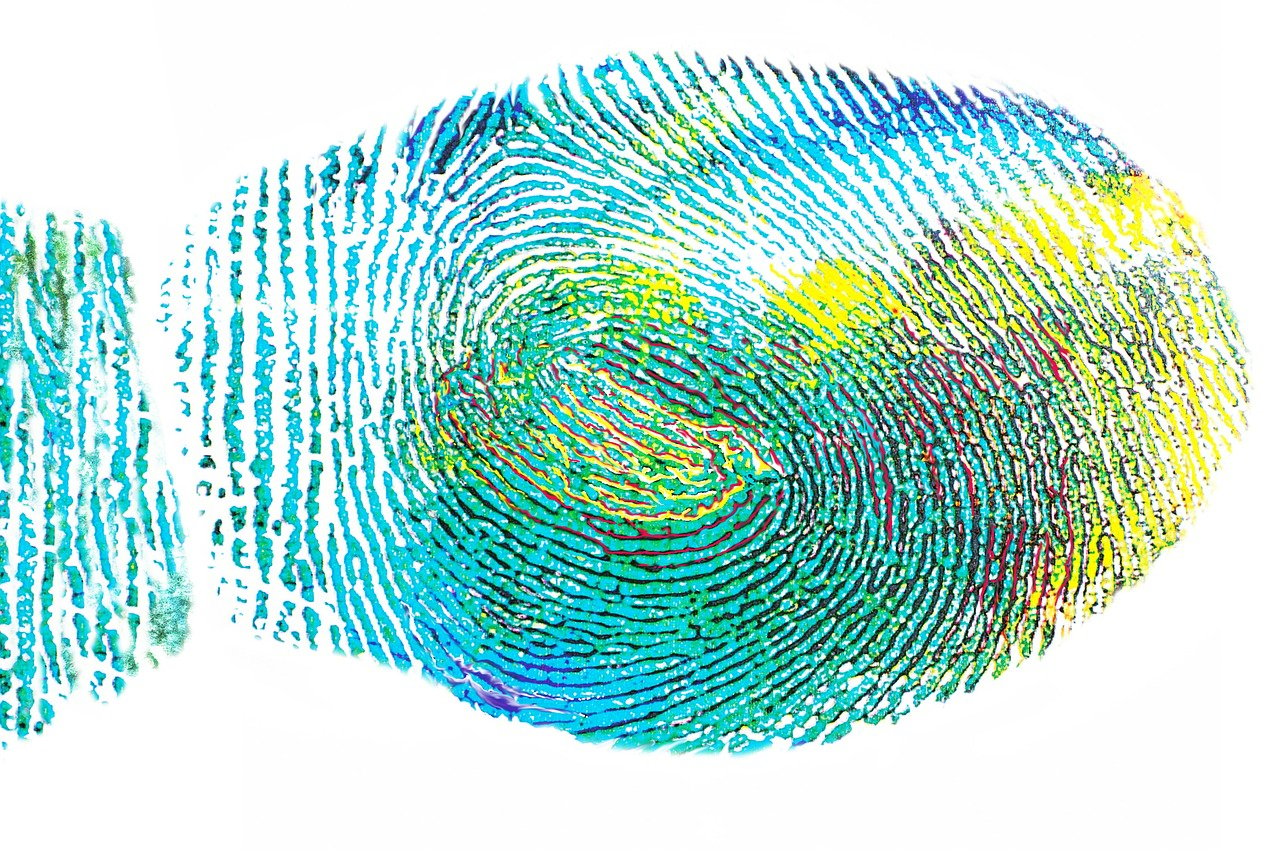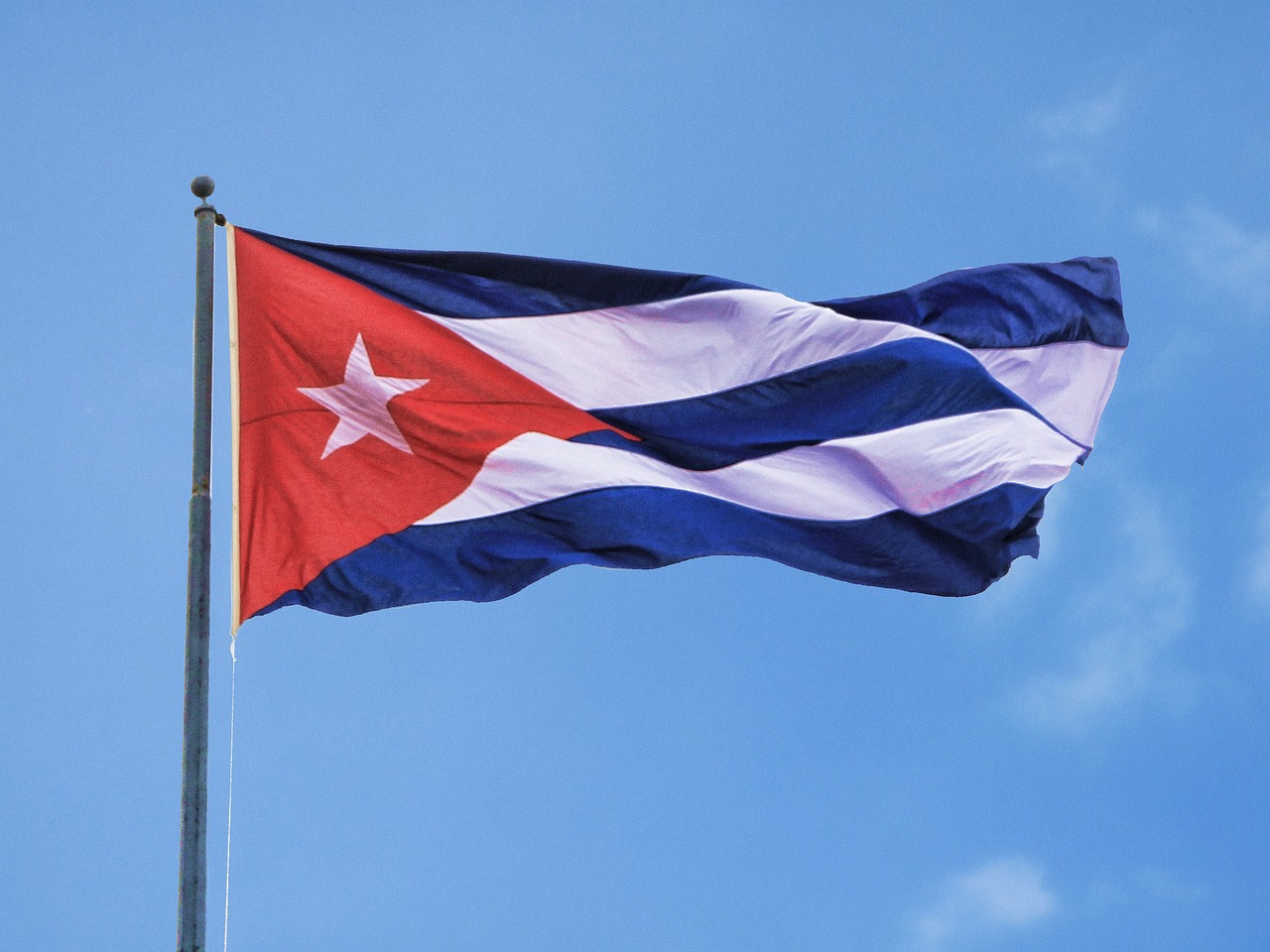 New details have emerged relating to a pending lawsuit before the U.S. District Court for the Eastern District of Texas known as Texas et. al. vs. DHS et. al., Case No. 6:24-cv-00306 (E.D. Tex.), which is currently blocking the approval of applications filed under the Biden administration’s parole in place program.
New details have emerged relating to a pending lawsuit before the U.S. District Court for the Eastern District of Texas known as Texas et. al. vs. DHS et. al., Case No. 6:24-cv-00306 (E.D. Tex.), which is currently blocking the approval of applications filed under the Biden administration’s parole in place program.
Litigation Updates
On August 26th eleven individual intervening parties who stood to benefit from the parole in place program filed a motion to intervene in the Texas lawsuit.
Thereafter, on September 3rd the Texas district court judge denied the motion to intervene. As a result, the intervening parties filed an appeal before the U.S. Court of Appeals for the Fifth Circuit claiming the lower court’s denial of the motion to intervene was unjustified.
On September 11th the Fifth Circuit Court ordered the lower court to freeze all proceedings until they have had the opportunity to hear the intervenors appeal.
A hearing date of October 10th has been set and the court has said that no further action can be taken in the lower court until that date.
The appellate court’s order states as follows, “Meaning no criticism of the district court’s recognition of the need for prompt resolution, this panel must have an opportunity to consider the merits briefs, scheduled to be received by September 16, and to hear argument on the appeal of the denial of intervention. Accordingly, we administratively STAY proceedings in the district court pending a decision on the merits or other order of this court. The stay issued by the district court will remain in effect pending further order of this court.”
What does this mean for parole in place applications?
In the meantime, USCIS can continue accepting and processing parole in place applications under the Keeping Families Together program, but it cannot approve cases until further notice.
 Visa Lawyer Blog
Visa Lawyer Blog










